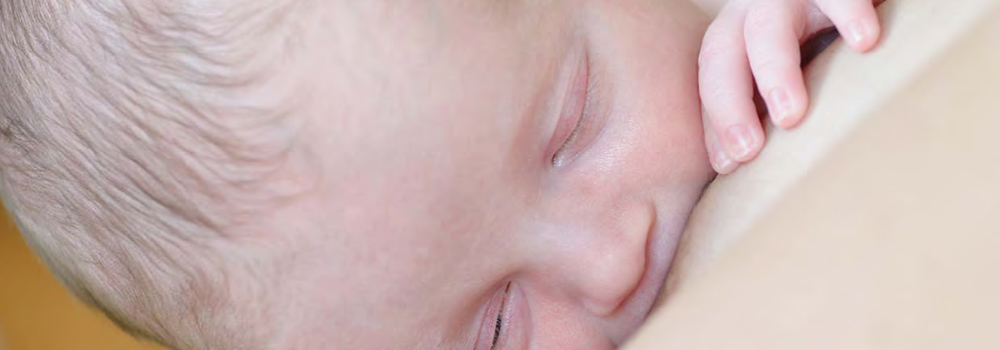Tongue-tie is a problem affecting some babies with a tight piece of skin between the underside of their tongue and the floor of their mouth. In babies with tongue-tie, this piece of skin is unusually short and tight, restricting the tongue's movement. This prevents the baby feeding properly and also causes problems for the mother, making it hard for the baby to attach properly to the breast. This can be painful and the mother's nipples can become sore, with ulcers and bleeding. Some babies feed poorly and get tired, but they soon become hungry and want to feed again. In most cases, these feeding difficulties mean the baby fails to gain much weight. It's more common in boys than girls.
Treatment is not necessary if your baby has a piece of skin connecting the underside of their tongue to the floor of their mouth, but they can feed without any problems. If feeding is affected, the tongue-tie needs to be divided by a tongue-tie practitioner. Tongue-tie division involves cutting the short, tight piece of skin connecting the underside of the tongue to the floor of the mouth, using a laser or scissors. It's a simple and almost painless procedure that usually resolves any feeding problems.
If you're concerned about your baby's feeding and think they may have tongue-tie, speak to your infant feeding specialist, lactation consultant, health visitor, midwife or GP.


